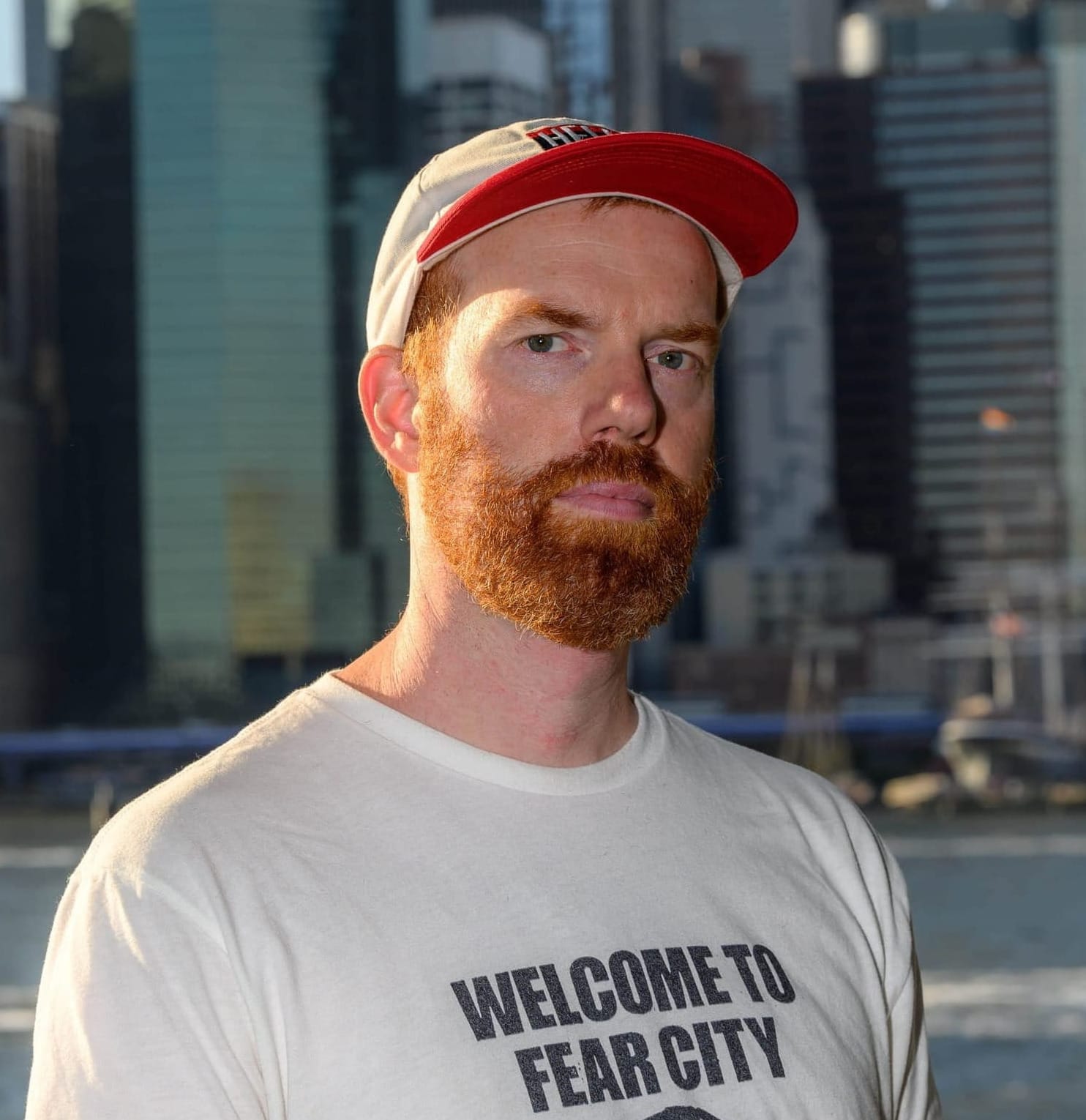It's been more than a week since federal agents seized Mahmoud Khalil from his Columbia University housing and locked him up in Louisiana pending deportation on the logic that allowing him to remain in this country as a legal permanent resident, given his advocacy for Palestinian rights, "would have potentially serious adverse foreign policy consequences."
The implications of Khalil's case and the novel legal argument the Trump administration is using—essentially, that anyone can be deported, even if they have legal status in this country, if the current administration doesn't like their political speech—are about as serious as it gets. Either we have a First Amendment that protects our speech or we don't.
But before Khalil's lawyers can even get to these momentous legal questions, they have to navigate a snarl of procedural obstacles. Chief among them: a technical objection by Trump administration lawyers, who are arguing that the New York District Court isn't allowed to hear the case, because even though Khalil lives in New York and was arrested in New York, and even though ICE agents told his wife he was being taken to the ICE office in New York, as indeed he was, and even though he was in New York the next day as he was packed onto a plane at JFK Airport to be sent to a notorious private prison in Louisiana, Khalil wasn't actually in New York at 4:41 a.m. the night of his arrest, when his lawyer filed the habeas corpus petition challenging his detention, because ICE had temporarily shuffled him across the river to New Jersey for several hours before his flight.
So why did federal agents rush Khalil out of New York City so quickly? One obvious answer could be that they wanted to move fast to get him out of the jurisdiction where they'd told his wife he was and where their online detainee tracker said he was, in order to stymie any legal challenge his lawyer might mount in New York.




